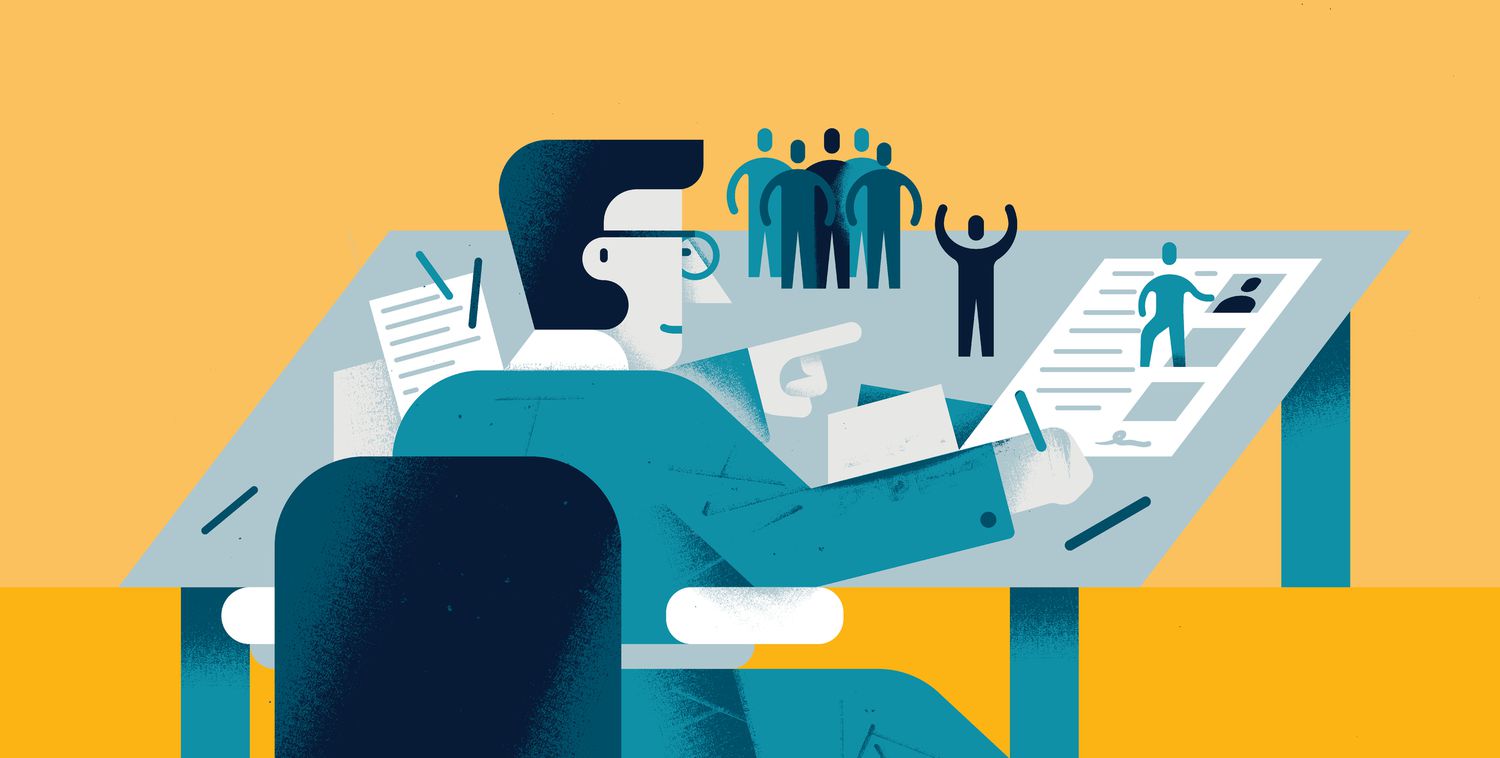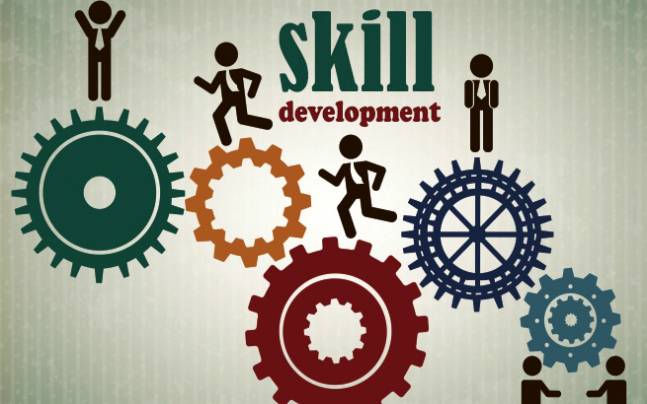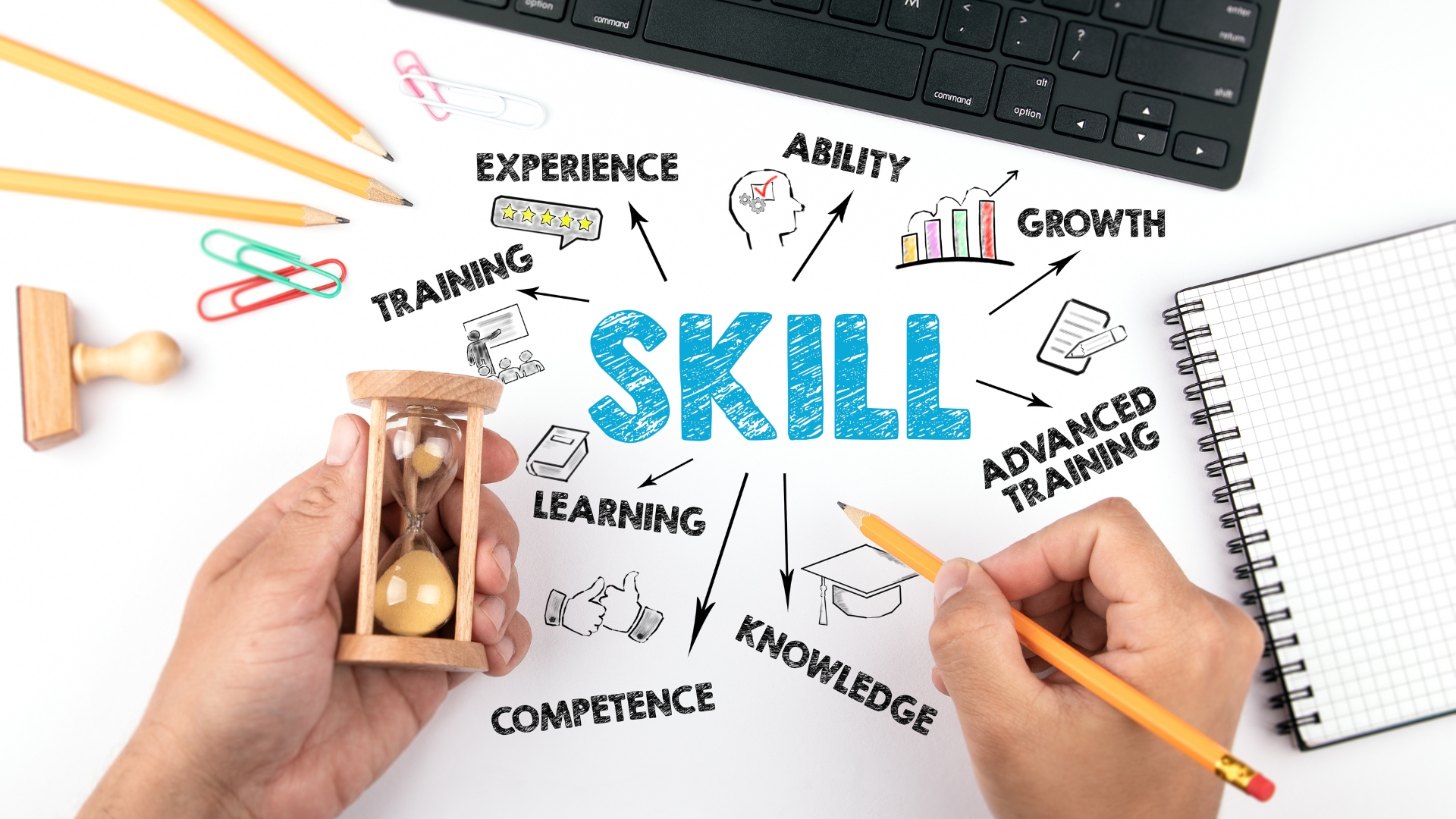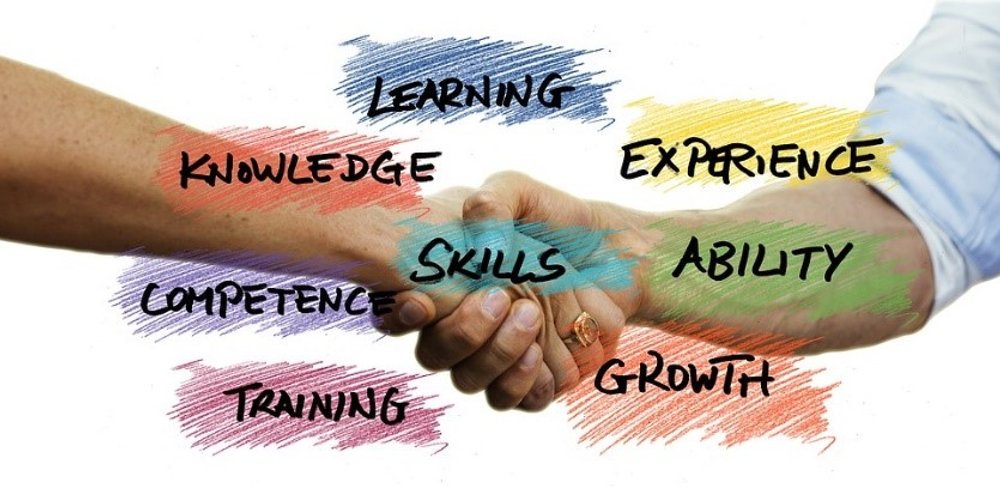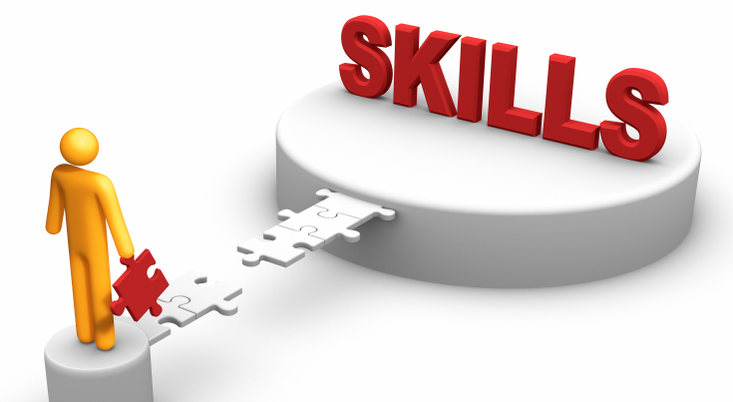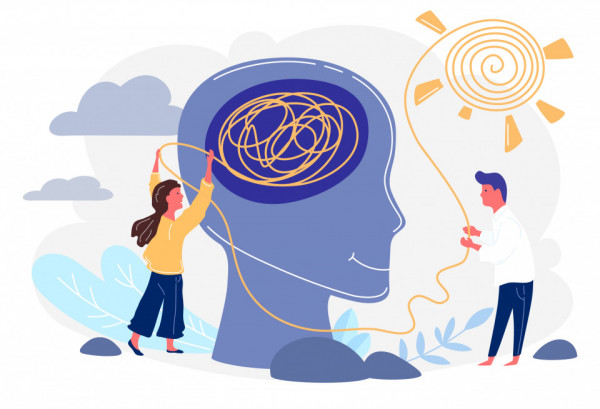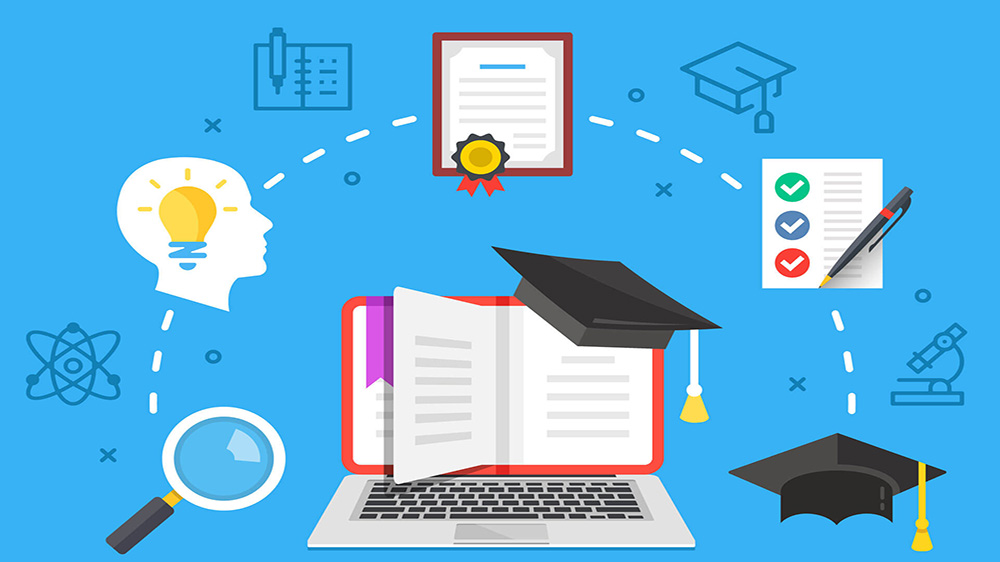Essential Guide to General Skills and Self-Improvement
Your comprehensive roadmap to personal and professional development
Why General Skills Matter in Today's World
In an ever-evolving global landscape, general skills and self-improvement have become essential components of both personal fulfillment and professional success. Unlike technical skills that may become outdated, general skills—often called soft skills or transferable skills—remain valuable across industries, roles, and life situations.
At Al Mithaq Institute, we've observed that individuals who actively develop their general skills experience:
- Greater career mobility and advancement opportunities
- Improved interpersonal relationships and communication
- Enhanced problem-solving abilities in both work and personal scenarios
- Higher levels of emotional intelligence and resilience
- Better adaptability to changing circumstances and technologies
This guide aims to provide a comprehensive framework for identifying, developing, and mastering essential general skills that will serve you throughout your lifetime.
Core General Skills for Personal and Professional Growth
Communication Skills
The foundation of all interpersonal success and a key determinant in career advancement.
Emotional Intelligence
Understanding and managing emotions—both yours and others'—to facilitate interactions and decision-making.
Critical Thinking
The ability to analyze information objectively and make reasoned judgments about its validity and application.
Adaptability
Flexibility in thinking and behavior to adjust to new conditions, technologies, or expectations.
Communication Skills: The Foundation of Success
Effective communication remains one of the most sought-after skills across all industries and personal contexts. At Al Mithaq Institute, our Neuro-Linguistic Programming (NLP) and Leadership Skills programs emphasize that communication encompasses several distinct abilities:
Verbal Communication
Clear articulation of thoughts, appropriate vocabulary, and the ability to adjust your communication style to different audiences are crucial components of verbal communication. Our diplomatic training programs highlight that how you say something is often as important as what you say.
Non-Verbal Communication
Body language, facial expressions, and gestures account for a significant portion of the message you convey. Our Body Language diploma program teaches participants how to align their non-verbal cues with their verbal message and how to interpret others' non-verbal signals accurately.
Expert Insight:
"The most successful professionals are those who can adapt their communication style to different contexts while maintaining authenticity. This flexibility is what sets apart great communicators from good ones."
— Al Mithaq Institute Communication Skills Department
Listening Skills
Perhaps the most underrated aspect of communication is active listening—the ability to fully concentrate, understand, respond, and remember what is being said. Our Negotiation Psychology and Life Coaching programs emphasize that listening is a skill that must be deliberately practiced and refined.
Written Communication
In today's digital world, the ability to write clearly, concisely, and effectively is invaluable. Whether in professional emails, reports, or social media posts, written communication skills prevent misunderstandings and enhance your professional image.
Emotional Intelligence: The Heart of Self-Improvement
Emotional intelligence (EQ) has emerged as one of the most critical factors for success in both personal and professional spheres. Our Emotional Intelligence diploma program at Al Mithaq Institute breaks down EQ into five key components:
Self-Awareness
Understanding your own emotions, strengths, weaknesses, values, and goals—and their impact on others.
Self-Regulation
Managing disruptive emotions and adapting to changing circumstances with thoughtfulness.
Motivation
Being driven to achieve for the sake of achievement, with a passion that goes beyond money or status.
Empathy
Considering others' feelings, especially when making decisions, and understanding the power dynamics in groups or organizations.
Social Skills
Managing relationships to move people in desired directions and building networks.
According to our research and experience with thousands of students at Al Mithaq Institute, emotional intelligence can be developed through conscious effort, practice, and feedback. Our Mental Health and Psychology programs provide structured approaches to enhancing each component of EQ.
Critical Thinking and Problem-Solving
In an era of information overload and complex challenges, critical thinking and problem-solving abilities are indispensable. Our Data Analysis and Smart Decision Making diploma at Al Mithaq Institute teaches a structured approach to developing these skills:
- Question assumptions: Learn to identify and challenge underlying assumptions in information you receive or ideas you generate. This is the foundation of independent thinking.
- Gather diverse perspectives: Actively seek out viewpoints that differ from your own to expand your understanding of complex issues.
- Evaluate evidence: Develop the ability to assess the quality, reliability, and relevance of information before drawing conclusions.
- Consider implications: Think through the potential consequences of different solutions or courses of action.
- Develop systems thinking: Understand how different parts of a problem interconnect and influence each other.
Our Creativity and Change Management program emphasizes that problem-solving is not a linear process but often involves iteration, experimentation, and learning from failures. The most effective problem-solvers combine analytical thinking with creative approaches.
Adaptability and Resilience in Changing Times
If the past few years have taught us anything, it's that adaptability and resilience are not optional but essential life skills. At Al Mithaq Institute, our Change Management and Development diploma program focuses on building these capabilities:
Key Elements of Adaptability
- Cognitive flexibility: The ability to switch between thinking about different concepts or to think about multiple concepts simultaneously.
- Emotional regulation: Managing emotional responses to change and uncertainty.
- Openness to new experiences: Willingness to try new approaches and embrace unfamiliar situations.
- Growth mindset: Believing that abilities can be developed through dedication and hard work.
Building Resilience
Resilience—the ability to recover from setbacks, adapt to change, and keep going in the face of adversity—is closely linked to adaptability. Our Life Coaching and Mental Health programs teach practical strategies for developing resilience:
- Cultivate a support network of people who provide emotional encouragement
- Practice positive self-talk and reframing negative situations
- Develop problem-solving skills to address challenges proactively
- Set realistic goals and take small steps toward achieving them
- Take care of physical and mental well-being through regular exercise, sufficient sleep, and stress management techniques
According to feedback from our Crisis Management program graduates, the most resilient individuals are those who view challenges as opportunities for growth rather than insurmountable obstacles.
Time Management and Productivity
Effective time management underpins all other self-improvement efforts. Without it, even the most talented individuals struggle to reach their potential. Our Project Management and Business Administration programs at Al Mithaq Institute emphasize these key principles:
Prioritization Techniques
Learn to distinguish between urgent and important tasks using methods like the Eisenhower Matrix. Focus your energy on activities that align with your long-term goals rather than just responding to immediate demands.
Focused Work Periods
Implement techniques like the Pomodoro Method (focused work periods of 25 minutes followed by short breaks) to maintain high levels of concentration and productivity throughout the day.
Effective Planning
Develop both short-term and long-term planning skills. Daily to-do lists should connect to weekly goals, which in turn should support monthly and yearly objectives.
Digital Minimalism
Learn to manage digital distractions, which are among the greatest productivity challenges in modern life. Implement strategies for mindful technology use.
Time Management Reality Check:
"Time management isn't about finding more hours in the day—it's about making better use of the hours you have. This requires clear priorities, boundaries, and the courage to say no to activities that don't serve your goals."
— From Al Mithaq Institute's Project Management Curriculum
Continuous Learning and Growth Mindset
In today's rapidly changing world, the ability to continuously learn and adapt is perhaps the most valuable skill of all. At Al Mithaq Institute, we emphasize that learning is a lifelong journey, not a destination.
Developing a Growth Mindset
Carol Dweck's research on the "growth mindset"—the belief that abilities can be developed through dedication and hard work—has revolutionized our understanding of learning and achievement. Our educational programs incorporate these principles by:
- Emphasizing effort and process over natural talent
- Viewing challenges as opportunities for growth rather than threats to self-image
- Embracing feedback as valuable information rather than personal criticism
- Finding inspiration in others' success instead of feeling threatened by it
- Persisting in the face of setbacks and viewing failures as temporary and instructive
Practical Learning Strategies
Our Teaching Skills and Training of Trainers (TOT) programs highlight effective approaches to continuous learning:
Deliberate Practice
Focus on specific aspects of performance with clear goals, feedback, and structured improvement efforts.
Spaced Repetition
Review information at systematically spaced intervals to improve retention and understanding.
Teaching Others
Explain concepts to others to deepen your own understanding and identify knowledge gaps.
Implementing Your Self-Improvement Plan
Knowledge without action has limited value. At Al Mithaq Institute, we emphasize practical implementation through structured approaches:
- Assess your current skills and identify gaps
Use self-assessment tools, feedback from others, and reflection to determine which skills need the most attention.
- Set SMART goals for development
Ensure your goals are Specific, Measurable, Achievable, Relevant, and Time-bound.
- Create a learning plan with multiple modalities
Combine formal education (like Al Mithaq Institute's diploma programs), self-directed learning, mentorship, and practical application.
- Schedule regular review and reflection
Set aside time to assess your progress and adjust your approach as needed.
- Seek feedback and accountability
Share your goals with others who can provide constructive feedback and help hold you accountable.
The Power of Small Habits
Our Life Coaching program emphasizes that significant personal transformation often comes through small, consistent habits rather than dramatic changes. Consider implementing the "1% better every day" approach—focusing on tiny improvements that compound over time.
Al Mithaq Institute's Approach to Skill Development
At Al Mithaq Institute, we believe in a comprehensive approach to skill development that integrates theory, practice, and personal application. Our diploma programs in areas like Life Coaching, Emotional Intelligence, and Professional Development combine:
Expert Instruction
Learn from instructors with over a decade of academic and industry experience who provide both theoretical frameworks and practical insights.
Interactive Learning
Engage in discussions, role-playing exercises, case studies, and group projects that reinforce concepts and develop practical skills.
Personalized Feedback
Receive individualized guidance and assessment to identify strengths and areas for improvement.
Networking Opportunities
Connect with like-minded professionals and peers who share your commitment to personal and professional development.
Whether you're interested in developing specific skills like Neuro-Linguistic Programming, Body Language interpretation, or broader capabilities like Business Administration or Project Management, our KHDA-accredited programs provide a structured path to mastery.
Frequently Asked Questions
How long does it take to develop new skills?
While the popular notion suggests it takes 21 days to form a habit, research indicates that skill development typically takes between 2-8 months of consistent practice, depending on the complexity of the skill and your starting point. The key is consistency rather than intensity.
Can anyone improve their emotional intelligence?
Yes, emotional intelligence can be developed at any age. Through self-awareness exercises, feedback, and deliberate practice, anyone can enhance their ability to recognize and manage emotions in themselves and others.
What's the most effective way to learn new skills?
Research suggests that a combination of formal instruction, deliberate practice, and teaching others leads to the most robust skill development. At Al Mithaq Institute, we incorporate all three elements into our diploma programs.
How can I stay motivated during the self-improvement process?
Connect your skill development to meaningful personal or professional goals, break the process into manageable steps, celebrate small wins, and find an accountability partner or community. Our Life Coaching program provides additional strategies for maintaining motivation.
Which general skills are most valued by employers?
According to our research and feedback from employers, the most sought-after general skills include communication, problem-solving, adaptability, emotional intelligence, and teamwork. Our Business Administration and Leadership programs focus on developing these high-demand capabilities.
Conclusion: Your Journey to Excellence
Developing general skills and pursuing self-improvement is not just about achieving specific career goals—it's about creating a fulfilling, resilient, and meaningful life. At Al Mithaq Institute, we've seen thousands of students transform their personal and professional lives through dedicated skill development.
Remember that self-improvement is a journey, not a destination. Each step forward builds momentum for the next one, creating a positive cycle of growth and achievement.
Ready to Take the Next Step?
Explore Al Mithaq Institute's comprehensive diploma programs in Life Coaching, Emotional Intelligence, Body Language, NLP, and many other areas designed to develop essential general skills.
Contact us today to discuss which program aligns with your personal and professional goals.
By investing in yourself through continuous learning and deliberate practice, you're not just preparing for today's challenges—you're building the foundation for lifelong success and fulfillment.
